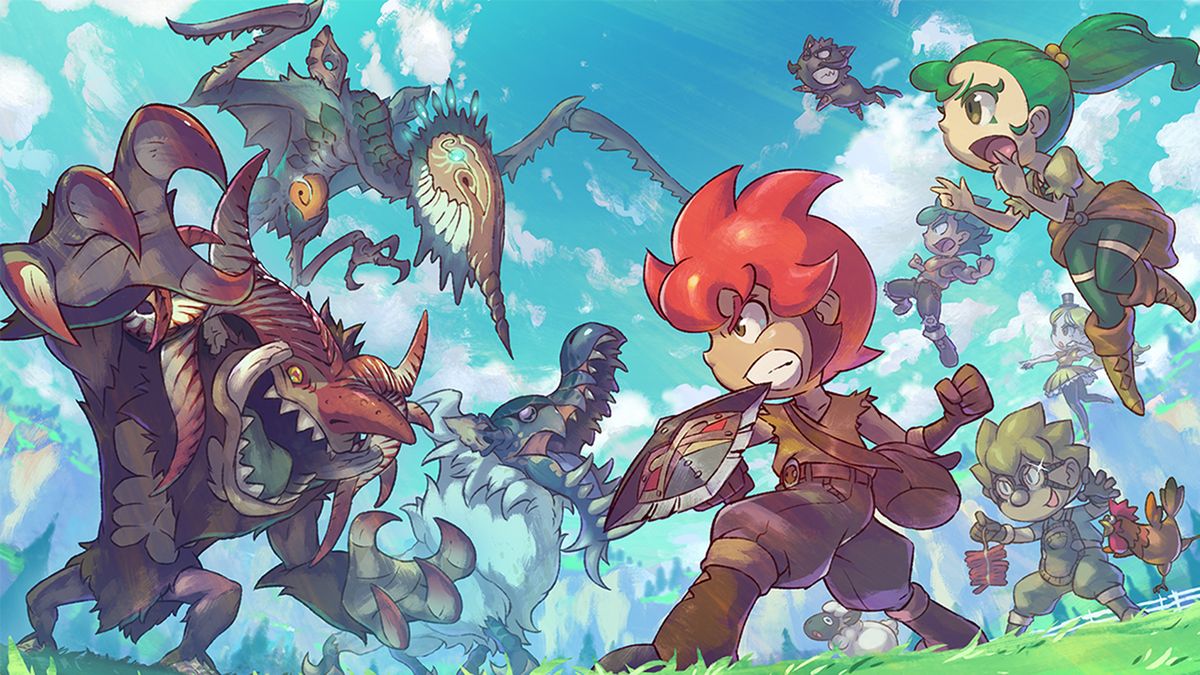There’s nothing wrong with violence in video games. It is, after all, pretend. You’re not killing someone; you’re firing if/then statements out of texture-wrapped polygons into skeletal meshes until the in-game physics kick in. There’s no reason to feel bad or reflect; it’s all a puppet show. Or, at least that’s what we’ve been telling ourselves since we squashed our first goomba, and, with very few exceptions, game designers have been more than happy to reinforce this idea.
Spec Ops: The Line, though, wants you to think about what you’ve done. It wants you to feel… something. Anything. It wants to make you realize that being jaded by video game violence means you’re a terrible, terrible monster.
Check out our video review for a closer look at Spec Ops: The Line
It wraps this message in a story of duty. Nolan North-voiced protagonist Captain Martin Walker arrives in a sandstorm-ravaged Dubai to rescue U.S. Army Colonel John Konrad, a war hero sent in with a battalion of soldiers to aid in the evacuation of the sand-swallowed city. But Dubai is far from dead – Walker’s three-man Delta squad is in over its head within minutes of arriving in the surprisingly war-torn country, with Konrad’s troops fighting the local population and CIA operatives running around and stirring up the pot for some reason. Things are bad, and they continue to get worse.
Everything is teetering on the edge of everything
While a lesser game might turn this premise into an excuse for dudebro antics and fist-bump-tastic ass-grabbing, Spec Ops allows it to be what it is: horrible. Walker isn’t a hero, and there are no villains in Dubai; just a bunch of caged animals. There’s no right and no wrong, just duty, and that’s what drives Walker forward. It’s what he focuses on – it’s his shield. It’s what he hides behind when he’s forced to make tough decisions with no clear-cut solutions and, usually, both choices lead to scrutiny from his squadmates.
These aren’t your typical video game morality choices, either. Morality in games usually means there’s a fork in the road, carefully presented to make the players feel as though they’ve some sort of power over the narrative – some semblance of control. Instead, Spec Ops’s choices serve to shape what shade of monster Walker will turn out to be in the eyes of the people forcing him to make the choices to begin with.

It’s here that Spec Ops diverges from its Heart of Darkness inspiration. Where Joseph Conrad’s novel (and the film Apocalypse Now) uses the narrator as a vessel to tell another man’s story, Spec Ops is completely about its protagonist. As we played, committing horrendous war crimes, we identified with Walker more than we have empathized with the heroes of almost any other game. He wasn’t alone in the horrors – we were accomplices to his atrocities. We’d force him to make a rough choice, one that made us both feel genuinely upset, and then we’d wait for Walker’s validation. “I had no choice,” he’d reply, “Once we find Konrad it’ll all make sense.”
We didn’t have a choice
His desperate rationalizations might seem like a weak salve, but at least it gave him (and us) something to soothe the pain. After all, he doesn’t want to believe he’s becoming the villain – he wanted to be the hero, and we were right there with him. Spec Ops’s story isn’t perfect, but it’s the rare shooter that actually attempted to make us feel something other than adrenaline, and we’ll be damned if we don’t respect it for that.
 Game News Video Games Reviews & News
Game News Video Games Reviews & News



